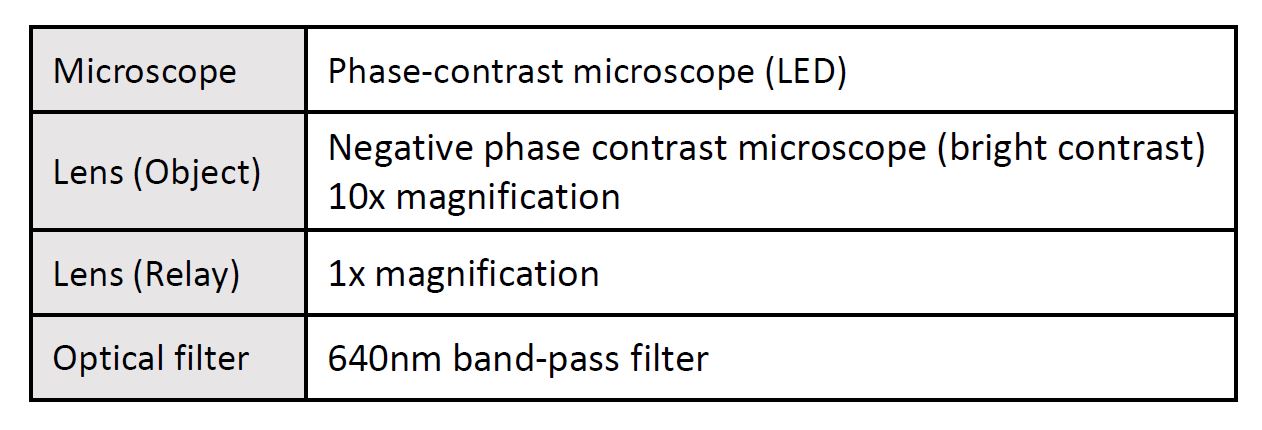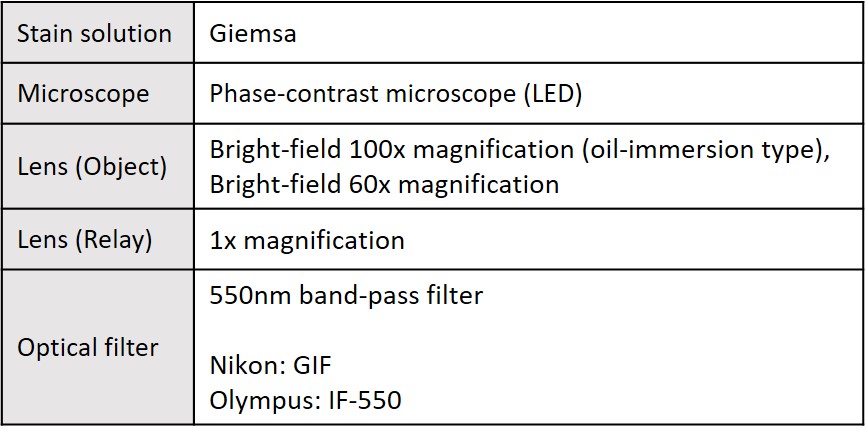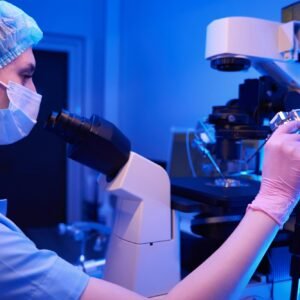Description
Diverse Clientele Across Various Sectors
The demand for sperm analysis services has experienced notable growth and has drawn a diverse clientele from several sectors. One of the primary sectors benefiting from these services is livestock reproduction, particularly in regions like Thailand and the Philippines, where agriculture plays a critical role in the economy. Research institutes in these countries are increasingly adopting advanced sperm analysis techniques to enhance the breeding practices of livestock, aiming for optimal genetic quality and health. These organizations leverage scientific methodologies to analyze sperm parameters, leading to improved fertility rates and overall productivity in livestock populations.
Universities and research centers also form a significant part of the clientele for sperm analysis services. Institutions engaged in studies related to marine biology, cell biology, and various animal species utilize these services to advance their research initiatives. By employing sperm analysis, these organizations can delve deeper into reproductive mechanisms and develop innovative solutions to enhance breeding strategies within various animal groups. The insights gained from such analyses are instrumental for both conservation efforts and the sustainable management of animal populations.
Furthermore, the global landscape of sperm analysis services is characterized by the engagement of overseas clients, notably from Japan. Japanese research institutes and agricultural firms have recognized the critical importance of advanced sperm analysis in the context of animal reproduction studies. Collaborating with providers of sperm analysis services, these entities aim to integrate cutting-edge technologies that enhance their breeding programs. Such international collaborations underscore the significance of sperm analysis, positioning it as a vital component in the enhancement of reproductive outcomes in various animal species, thus expanding its relevance across borders.
Technical Requirements and Expertise in Sperm Analysis
Efficient sperm analysis in animal reproduction necessitates a thorough understanding of both technical requirements and the expertise involved in this specialized field. The primary equipment employed includes sophisticated microscopes, computer-assisted sperm analysis systems, and cryopreservation tools. These instruments play a critical role in evaluating sperm motility and morphology, which are vital parameters for assessing the fertilization potential of sperm cells across various species.
Different species, such as bulls, dogs, goats, and several fish species, present unique challenges and necessitate tailored methodologies. For instance, analyzing bull sperm often requires specific considerations related to the size and motility patterns, while dog sperm evaluation might involve scrutinizing morphology due to breed-specific variations. It is essential for technicians and researchers to possess comprehensive knowledge about these species to accurately interpret results.
The expertise accumulated by sperm analysis service providers, such as SMAS, lies in their diverse experiences working with various animals. With a focus on adapting analysis techniques to meet specific customer needs, SMAS has refined its methodologies to enhance breeding outcomes effectively. This experience underlines the importance of a collaborative approach, where research institutions and universities are engaged in driving advancements in sperm analysis technology. Such partnerships not only facilitate the sharing of knowledge but also contribute to the development of innovative techniques aimed at improving animal reproductive health.
Ultimately, the significance of accurate sperm analysis cannot be overstated, as it plays a crucial role in enhancing the success rates of breeding programs. By meticulously analyzing sperm quality, technicians assist breeders in making informed decisions that lead to better genetic progress and overall reproductive efficiency. This highlights the intersection of technical proficiency and scientific inquiry essential for success in the realm of animal reproduction.





